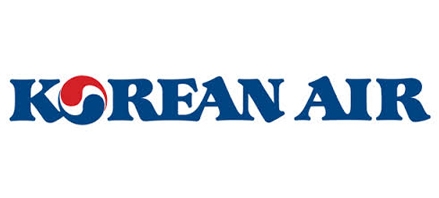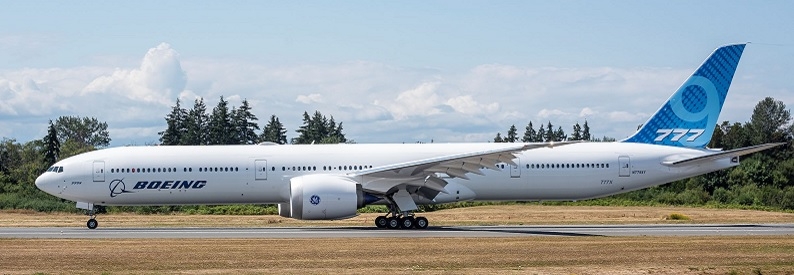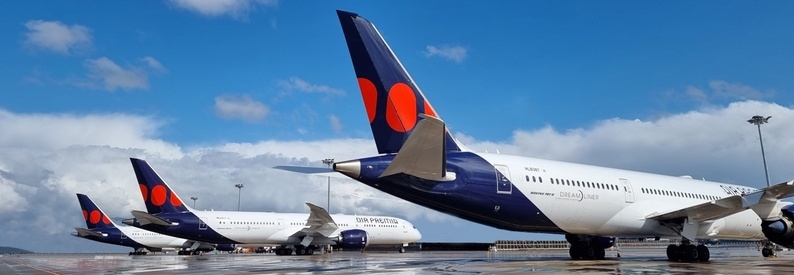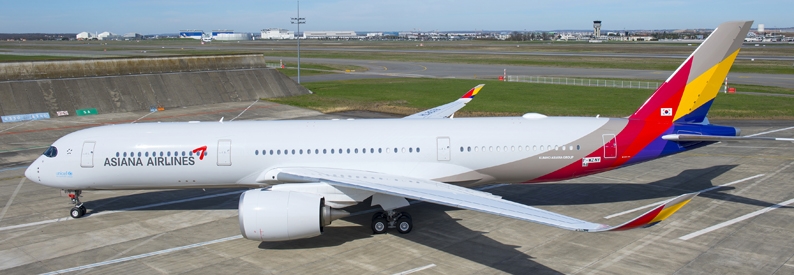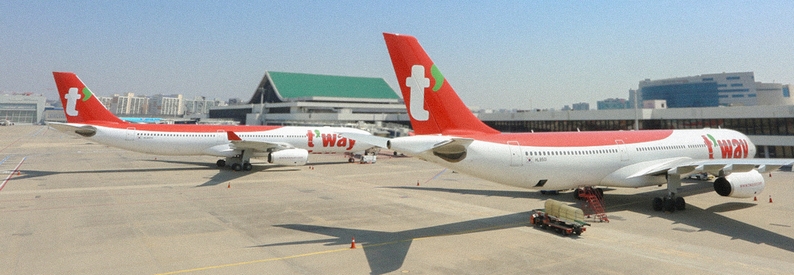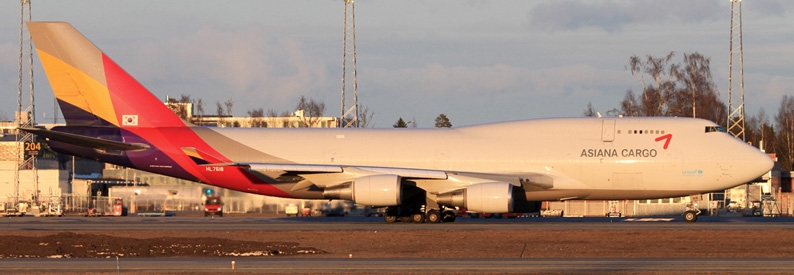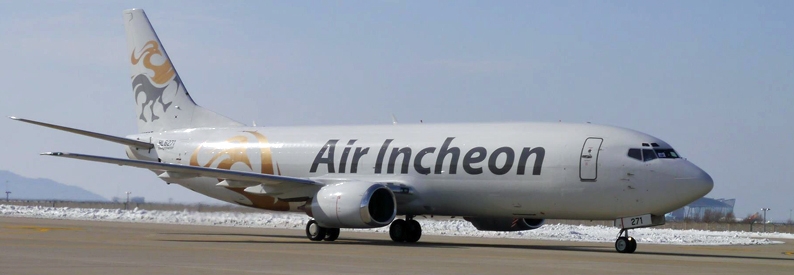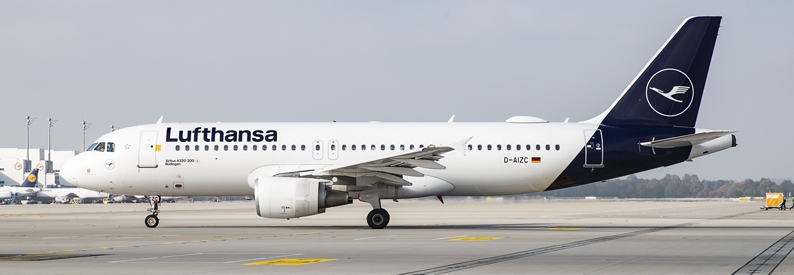Cho Won-tae will stay in position as chairman of Korean Air (KE, Seoul Incheon) parent Hanjin KAL following a crucial boardroom vote on March 27, fending off a challenge from older sister Cho Hyun-ah and activist fund Korea Corporate Governance Improvement (KCGI) to replace him, local media reported.
In this victory for the status quo at the conglomerate, about 56.67% of Hanjin KAL's shareholders represented at the annual general meeting (AGM) voted for Cho Won-tae, 44, to continue in his role. A minority backed Kim Shin-bae, chairman of the Korea Information Security Industry Association, who had been nominated to join the board by KCGI, Hanjin KAL’s biggest shareholder.
The proxy battle has been a major distraction for the loss-making airline, which is currently in the throes of a corporate crisis because of the coronavirus pandemic, with hundreds of flights cancelled, staff going on unpaid leave, and executives taking pay cuts.
Korean Air declared on March 25 that it would seek to raise funds by selling non-core assets. It had already announced the sale of idle assets such as a 36,640-square-metre plot of vacant land and a building in Songhyeon-dong, central Seoul. The salaries of its executive vice presidents and above will be halved starting from April, it added, and those of senior vice presidents will be cut by 40%, managing vice presidents by 30%.
Some shareholders at the AGM made “a conservative choice” as the flag carrier struggles to meet these challenges, Park Sang-in, a professor at Seoul National University, told Reuters news agency.
The National Pension Service (NPS), which owns 2.9% of Hanjin KAL, revealed the day before the vote that it would back Cho Won-tae, Yonhap News Agency reported.
The fight may not be over, however. The alliance opposing Cho has a combined stake of about 42%, matching the approximately 42% held by shareholders supporting him. The chairman's position of relying on other shareholders - including his mother, his younger sister, and Delta Air Lines which currently holds a stake of 14.9% in Hanjin KAL - may not be sustainable.
“He will have to prove his capabilities by normalising Korean Air’s management difficulties,” Park said.
